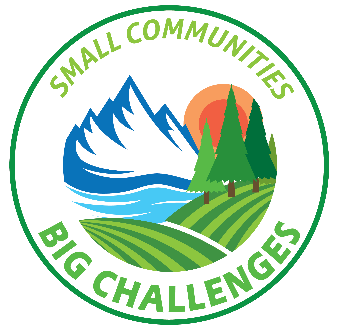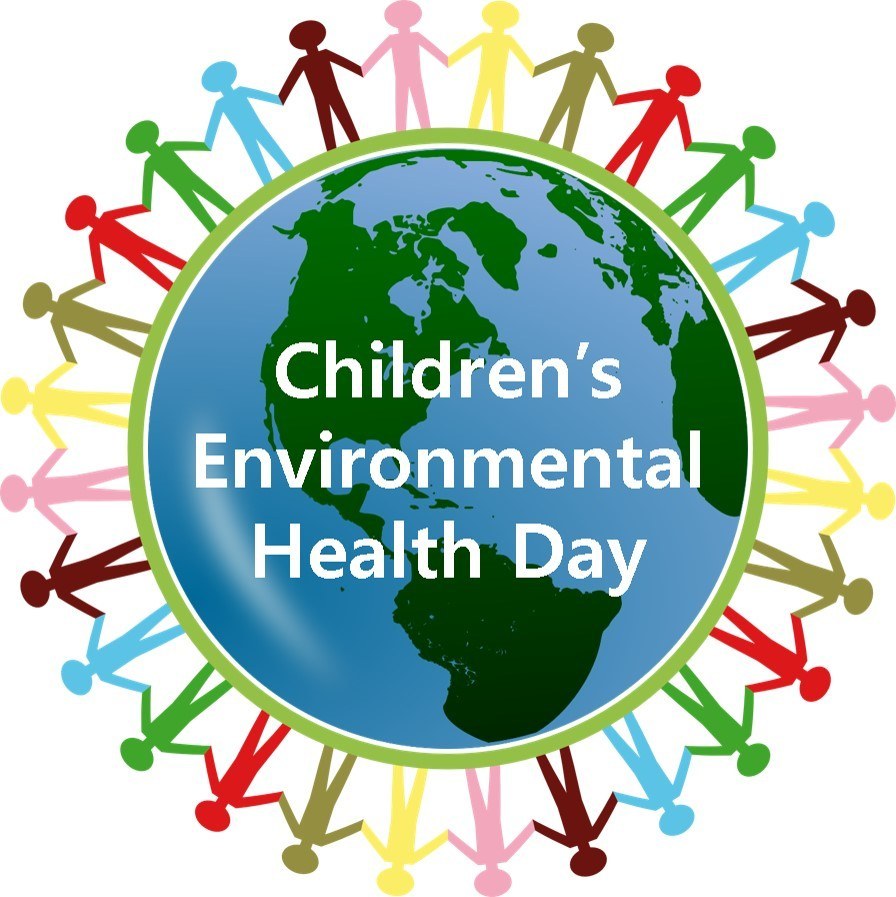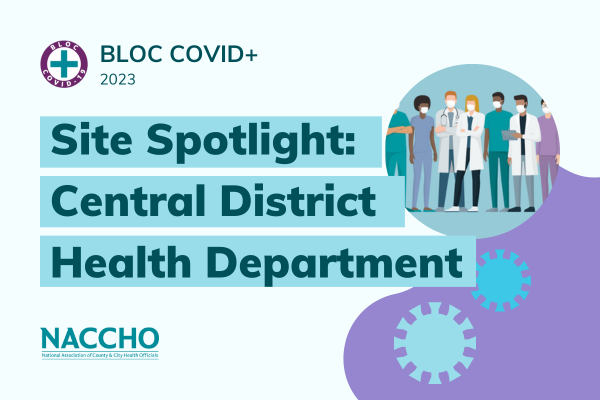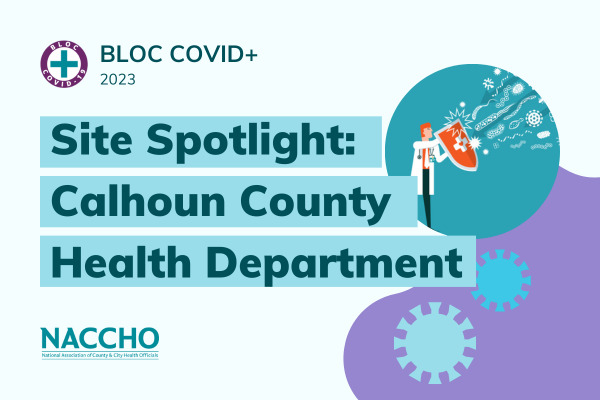Popular Categories
New CDC Webpage & Infographic on Foodborne Outbreaks
The CDC’s Division of Foodborne, Waterborne, and Environmental Diseases recently announced a new webpage and infographic...
May 31, 2016 | Anastasia Sonneman
CIFOR Releases Outbreaks of Undetermined Etiology (OUE) Guidelines
The Council to Improve Foodborne Outbreak Response (CIFOR) is pleased to announce the release of the Outbreaks of Undetermined...
May 09, 2016 | Amy Chang
Taking a Regional Approach to Statewide Preparedness and Response
Emerging and evolving threats like Ebola and Zika continue to demonstrate how infectious disease transcends jurisdictional boundaries,...
May 09, 2016 | Sara Chang
CDC Finds that Diagnostic Tests Challenge Foodborne Illness Tracking
In the April 15, 2016 issue of the CDC’s Morbidity and Mortality Weekly Report, the report states that diagnostic tests used to...
May 02, 2016 | Amy Chang
Talking about, Testing for, and Treating STDs: The Important Role of Disease...
The theme for STD Awareness Month 2016 is Talk. Test. Treat. Disease Intervention Specialists (DIS) play an important role in local...
Apr 20, 2016 | Alyssa Kitlas
National Infant Immunization Week—Making it Matter at the Local Level
By Nancy Messonnier, MD, MPH, Director, National Center for Immunization and Respiratory Diseases, Centers for Disease Control and...
Apr 18, 2016 | Guest Author
Scholarship Application for Local Health Department Certification in Infection...
The 2014 Ebola outbreak in West Africa and cases in the United States revealed critical needs and opportunities to improve infection...
Apr 13, 2016 | Christina Baum
Balancing Transparency and Integrity: How We Changed Public Notification of...
The second half of 2015 felt like all foodborne illness, all the time. In the summer, we dealt with a statewide salmonella outbreak...
Apr 07, 2016 | Guest Author
New CDC Webpage & Infographic on Foodborne OutbreaksThe CDC’s Division of Foodborne, Waterborne, and Environmental Diseases recently announced a new webpage and infographic focusing on the investigation of foodborne outbreaks. Both resources highlight the three types of data used by health officials to solve foodborne outbreaks, including epidemiologic, traceback, and food and environmental testing. Information on how to stop a potential... May 31, 2016 | Anastasia Sonneman |
CIFOR Releases Outbreaks of Undetermined Etiology (OUE) GuidelinesThe Council to Improve Foodborne Outbreak Response (CIFOR) is pleased to announce the release of the Outbreaks of Undetermined Etiology (OUE) Guidelines. The OUE Guidelines are designed to provide recommendations on “universal” collection, shipment, testing, and retention of foodborne outbreak specimens in the event that an etiology is elusive, even in the early stages of […] May 09, 2016 | Amy Chang |
Taking a Regional Approach to Statewide Preparedness and ResponseEmerging and evolving threats like Ebola and Zika continue to demonstrate how infectious disease transcends jurisdictional boundaries, organizational silos, and job descriptions. In response to this reality, the Texas Department of State Health Services (DSHS) is joining a diverse group of stakeholders across the state to enhance preparedness for high-consequence infectious diseases. From McAllen... May 09, 2016 | Sara Chang |
CDC Finds that Diagnostic Tests Challenge Foodborne Illness TrackingIn the April 15, 2016 issue of the CDC’s Morbidity and Mortality Weekly Report, the report states that diagnostic tests used to identify foodborne illnesses faster could soon pose challenges to finding outbreaks and monitoring progress toward preventing foodborne disease. Culture-independent diagnostic tests (CIDTs) help doctors diagnose infections quicker than traditional culture methods,... May 02, 2016 | Amy Chang |
Talking about, Testing for, and Treating STDs: The Important Role of Disease Intervention SpecialistsThe theme for STD Awareness Month 2016 is Talk. Test. Treat. Disease Intervention Specialists (DIS) play an important role in local health department HIV/STD programs and work to improve the sexual health of their community by talking to them about STD prevention, testing in the field, and linking the clients in need to care. For […] Apr 20, 2016 | Alyssa Kitlas |
National Infant Immunization Week—Making it Matter at the Local LevelBy Nancy Messonnier, MD, MPH, Director, National Center for Immunization and Respiratory Diseases, Centers for Disease Control and Prevention National Infant Immunization Week (NIIW) is an annual observance to promote the benefits of immunizations and to improve the health of children two years old or younger, and is taking place April 16-23, 2016. Since 1994, […] Apr 18, 2016 | Guest Author |
Scholarship Application for Local Health Department Certification in Infection ControlThe 2014 Ebola outbreak in West Africa and cases in the United States revealed critical needs and opportunities to improve infection control in both healthcare and community settings. In addition to emerging infectious diseases, ongoing outbreaks of healthcare-associated infections (HAIs) also highlight these needs. The Centers for Disease Control and Prevention (CDC) estimates that over […] Apr 13, 2016 | Christina Baum |
Balancing Transparency and Integrity: How We Changed Public Notification of Potential OutbreaksThe second half of 2015 felt like all foodborne illness, all the time. In the summer, we dealt with a statewide salmonella outbreak resulting from contamination at a supplier of whole hogs who sold to small food establishments in our county, as well as to individuals for backyard pig roasts. Apr 07, 2016 | Guest Author |

Subscribe Today
Sign Up for the E-mail Digests
Create an account or login to MyNACCHO and go to "My Subscriptions."
SUBSCRIBE NOW




